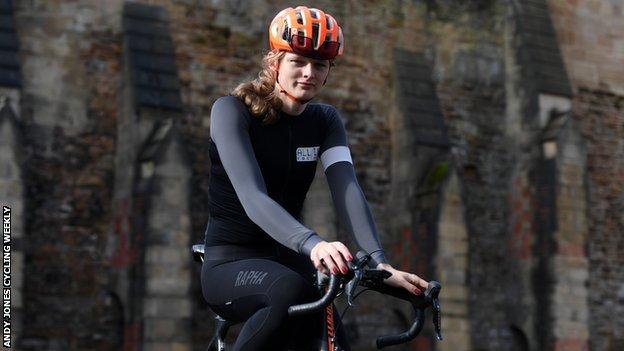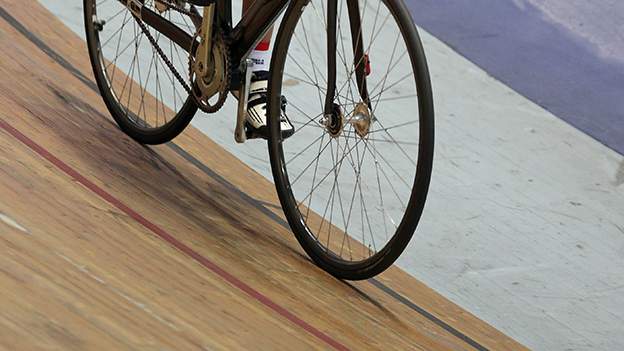
British Cycling is considering banning transgender women from elite female competition.
A new transgender eligibility policy is set to be announced later in May following a review and consultation.
It comes after Austin Killips became the first male-to-female transgender athlete to win a UCI women’s stage race at the Tour of the Gila on Sunday.
Killips’ victory has reignited the debate over transgender women competing in female events, and how to balance inclusion and fairness.
Last year, British Cycling said transgender women were no longer able to compete at elite female events it ran after the organisation suspended its current testosterone-based policy and conducted a review.
That followed controversy over British rider Emily Bridges, one of cycling’s most high-profile transgender competitors.
Cycling’s world governing body – the UCI – requires transgender women to suppress their testosterone levels to 2.5 nmol/L for a 24-month period prior to competing in female events.
It toughened its rules on eligibility last year, with previous regulations set at 5 nmol/L for 12 months.
That differs from other international governing bodies, such as World Athletics and World Aquatics, which have recently banned transgender women from competing in the female category at international events if they have gone through male puberty.
British Cycling is now considering diverging from its global federation and pursuing a similar policy to British Triathlon, which last year became the first British sport to establish a new ‘open’ category in which transgender athletes would compete.
The women’s category would be reserved for competitors who are recorded female at birth. Such a move would prevent Bridges from competing in elite women’s races for Great Britain.
Last year, the government told the heads of UK sporting bodies that “elite and competitive women’s sport must be reserved for people born of the female sex” and encouraged them to move to a position “where fairness takes priority in competitive sport”, including considering “launching inclusive open categories where appropriate”.
British Cycling declined to comment.
The conversation around the inclusion of transgender women in women’s sport has divided opinion both inside and outside the sporting sphere.
Many argue transgender women should not compete in women’s sport because of any advantages they may retain from going through male puberty – but others argue sport should be more inclusive.
